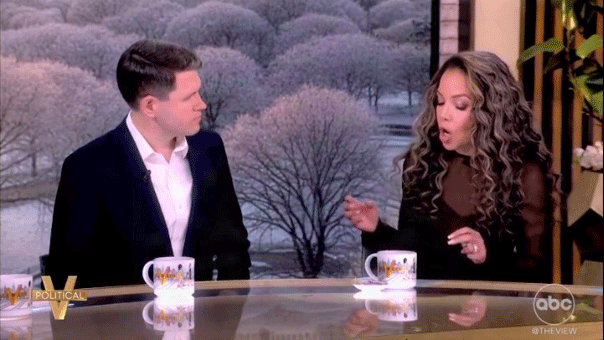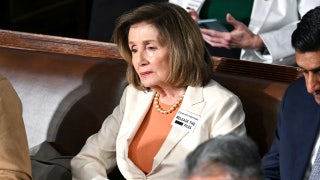NPR CEO Katherine Maher defiant when grilled on liberal bias claims
NPR CEO Katherine Maher appeared at the 2024 Texas Tribune Festival on Sept. 7, 2024, in Austin.
AUSTIN, Texas – NPR CEO Katherine Maher was largely defiant during a rare public acknowledgment of longtime editor Uri Berliner’s claims that the government-funded organization lacks "viewpoint diversity" and caters to a liberal audience.
"I stand here to defend the integrity of the newsroom and to defend the integrity of the reporting and to say that every single day our folks get up, and they want to stand there and make sure that they are serving the American public in the best possible way from a nonpartisan perspective," Maher said Saturday at the Texas Tribune Festival.
Berliner stunned the media industry earlier this year when he blew the whistle on liberal bias at the organization. Berliner, who was suspended and ultimately resigned over the criticism, penned a scathing takedown of NPR in the Free Press that criticized NPR’s coverage of Russiagate, the COVID lab leak theory, Hunter Biden’s scandalous laptop, embrace of the theory of systemic racism, in addition to saying it downplayed antisemitism following Oct. 7.
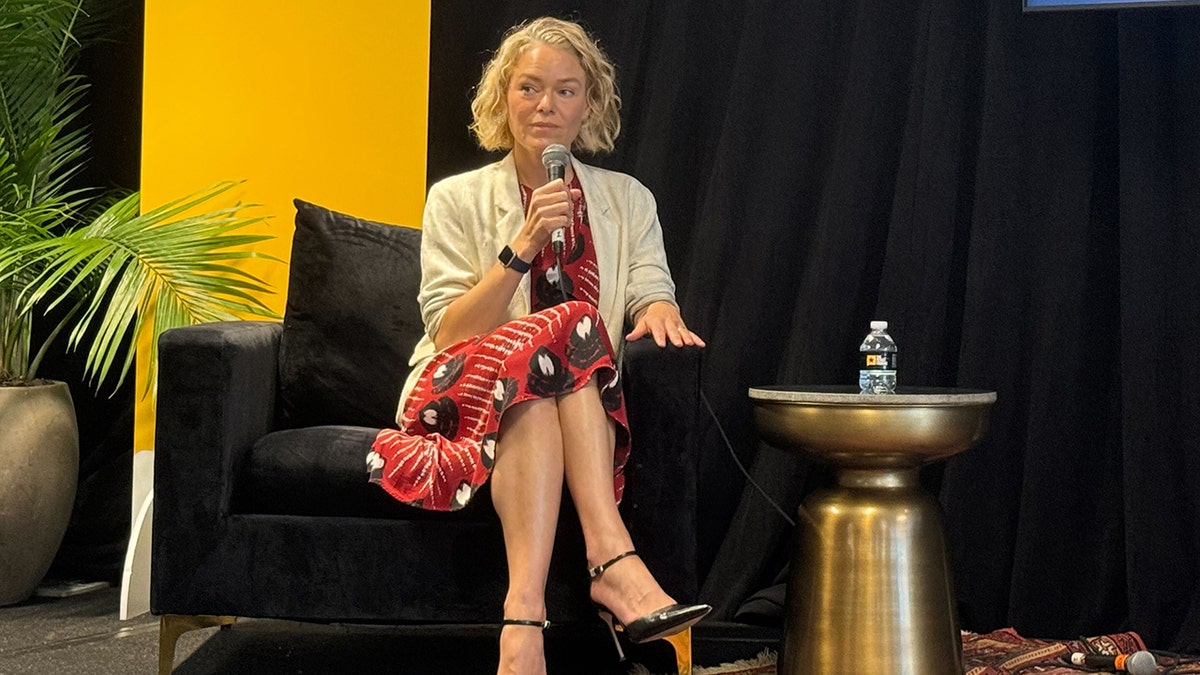
NPR CEO Katherine Maher was largely defiant during rare public acknowledgment of longtime editor Uri Berliner’s claims that the public news organization lacks "viewpoint diversity" and caters to a liberal audience. (Fox News)
Maher was asked about the situation during a lengthy on-stage Trib Fest conversation about the future of public media with former New York Times public editor Margaret Sullivan. Maher insisted early in the conversation that she is "not a journalist" and she relies on NPR editors and newsroom leaders to direct coverage.
"My responsibility is ensuring the big picture, and their responsibility is ensuring the integrity," she said.
"We want to be down the line, we want to serve the American public well," Maher continued. "We want to serve people from a range of perspectives and backgrounds. And they should feel as though that coverage is meaningful to them."
Maher said her "strategic view" is that NPR needs to be "really thoughtful about our role as a nonpartisan media organization."
Maher said that Berliner’s criticism was received inside NPR as an "affront to the individual journalists who work incredibly hard to report the news and report the news well and report the news with integrity … in a nonpartisan way" by his now-former colleagues.
Maher said that Berliner’s criticisms fell flat when she examined the individual stories he publicly complained about, but she recognizes that it opened the door for a larger conversation about NPR.
NPR EDITOR REBUKES OUTLET'S OWN COVERAGE OF HUNTER BIDEN LAPTOP, COVID LAB LEAK AND RUSSIAGATE
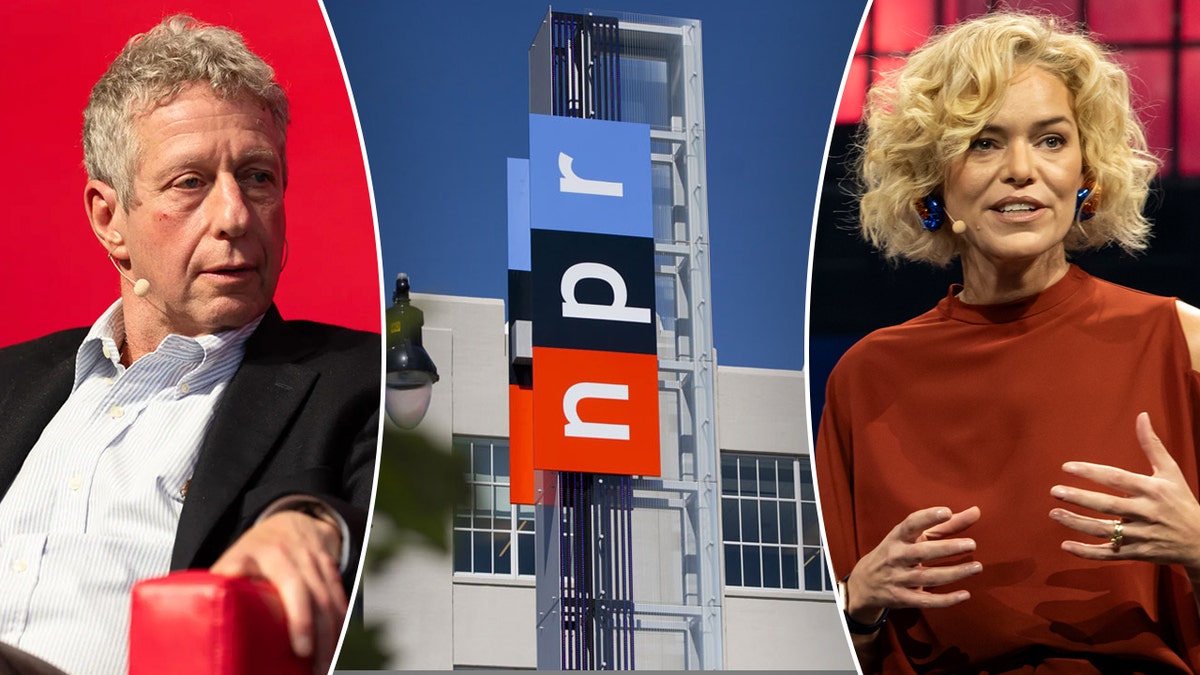
Longtime editor Uri Berliner stunned the media industry earlier this year when he blew the whistle on liberal bias at NPR. (Fox News Digital/Getty Images)
"Whether you want to call that sort of selective review or cherry-picking or what have you – it was meant to drive a thesis, and that thesis certainly got legs. Whether or not the criticism itself had validity or not, [the] thesis got legs, which means, at least in part, it tapped into some sort of sentiment," she said.
"What I would love to disaggregate is the difference between what I think of as, sort of, an agenda-driven critique, which may be in part around broader conversations around public media receiving federal funding. And that is a long-standing conversation that happens in this country, you know, within political discourse," Maher continued.
Maher said Berliner’s remarks underscore that NPR must ensure that it looks inwards in the face of "perceived criticism" to make sure the company is upholding its mission and serving a broad audience. She insisted that NPR faced criticism from all sides and some listeners even think the organization is too friendly to former President Trump.
"I think it's important for us to say, ‘If you feel as though NPR was something that was a resource for you, and you no longer feel that it's a resource for some sort of reason, why is that the case?’ And what is it that we need to interrogate about our own practices, editorial decisions, programming decisions that that makes it feel that way? And some of the answers that we came up with were kind of worthwhile," Maher said.
Maher said that a constructive critique she has heard is that NPR is "too repetitive" on particular stories, because headlines of the day are cut in throughout various programs and could be heard a variety of times. So, if a listener hears the same story multiple times, it could seem like NPR is "putting our thumb on the scale."
Maher pointed out that Berliner’s bombshell came only two weeks into her tenure, and everything the longtime editor objected to predates her time running NPR. However, Maher understands that it was her mess to clean up.
"When you step into an organization, you assume the responsibility for all that comes before it. That's appropriate. That's fine. It's my responsibility to do with that criticism what we need to do in order to be able to address it," Maher said.
NPR EDITOR KNOCKS OUTLET'S 'TROUBLING' AVOIDANCE OF GROWING ANTISEMITISM FOLLOWING OCT. 7
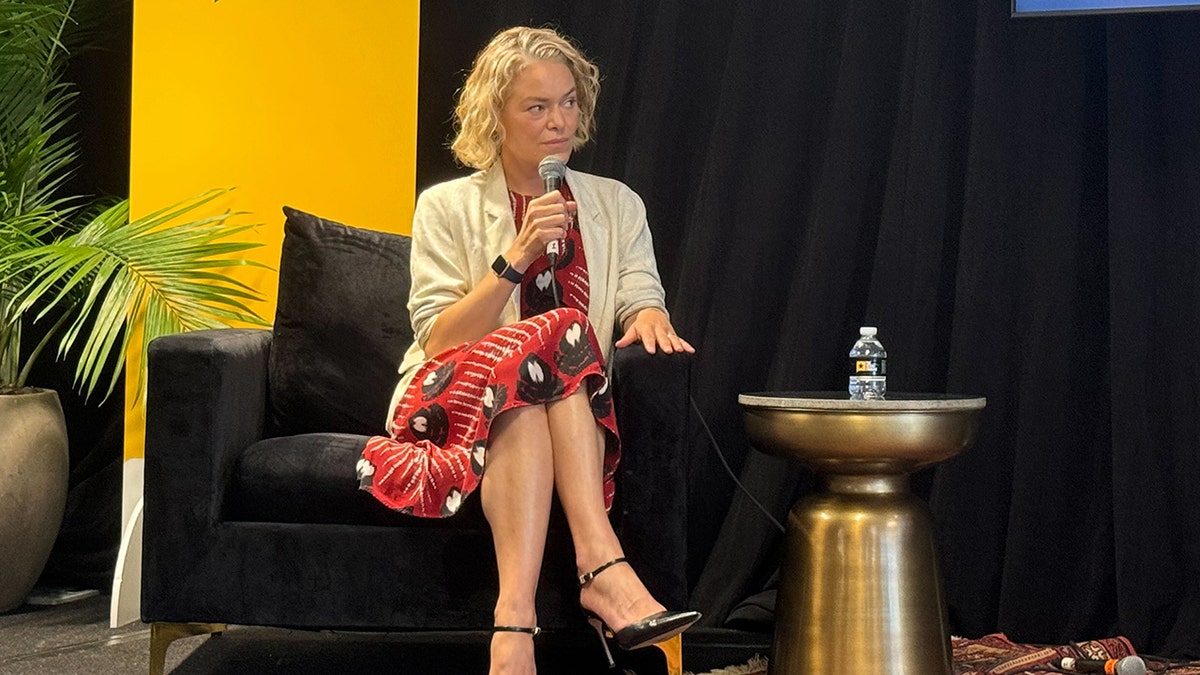
NPR CEO Katherine Maher appeared at the Texas Tribune Festival. (Fox News)
Sullivan asked Maher about a series of her social media posts from before her time at NPR that went viral following Berliner’s remarks. Maher showed support for Hillary Clinton and Joe Biden's presidential runs while regularly sharing far-left talking points and criticizing Donald Trump on social media before landing the NPR top job.
Maher said that once she assumed the role, she stuck to the same standards that everyone at NPR must adhere to and her only priority is to uphold the organization’s mission to serve the public.
"Those are past positions," she said.
"I wasn't a journalist previously, and I work in a journalism organization now. I think it's fair to have some level of critique around it," Maher added. "The question is, ‘Was it a disproportionate level of critique?’"
She believes that criticism of her past tweets had "some degree of disproportionate treatment," because her predecessor, John Lansing, previously oversaw the Obama-era, government-supported Broadcasting Board of Governors but never received such harsh claims of being partisan.
"I never worked for government. I never worked for a partisan organization, I was a private individual with personal beliefs," she said.
Maher said that "every single thing" in her life was combed through, and her family was doxxed and threatened along the way. She isn’t even sure if she’ll vote in November’s presidential election because her current address would become accessible once she registers, and she’s concerned people still have a bone to pick.
NPR EDITOR'S BOMBSHELL ESSAY CAUSING 'TURMOIL' AT LIBERAL OUTLET: REPORT
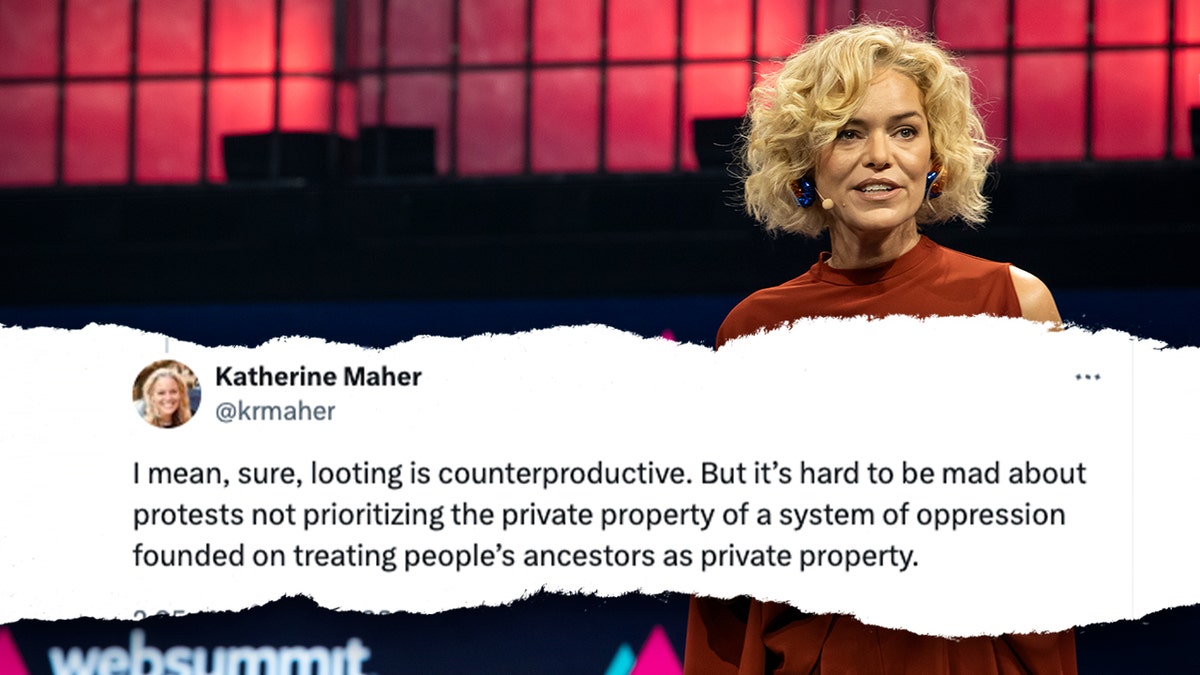
NPR CEO and President Katherine Maher's old tweets about looting, her support for Hillary Clinton and Biden-Harris resurfaced earlier this year. ( (Photo by Rita Franca/NurPhoto via Getty Images), Screenshot/X/KatherineMaher)
"It was really ugly," she said. "There were security questions, I had to change the way I went to work in the morning. It was not a super fun experience."
Once Maher and Sullivan wrapped up their one-on-one interview, Fox News Digital asked the NPR honcho to address Berliner’s claim that voter registration records in 2021 showed an astonishing disparity between Democrats and Republicans in the NPR newsroom. Berliner said he found 87 registered Democrats and zero Republicans.
Maher said the numbers need to have context, as roughly 600 people work in the newsroom and the stats provided by Berliner represent a "small fraction" of individuals who self-reported their political affiliation. She also said Washington, D.C., does not allow hiring or screening candidates based on political affiliation, so hiring managers would "never" ask if a potential staffer was a Democrat or Republican.
"I do think it's incredibly important for us to have people of diverse viewpoints in the newsroom, and the totality of the lived experience. It's one of the things that we also seek to do by expanding the newsroom just outside of D.C.," she said.
Maher said NPR has been investing in "collaborative newsrooms" across the country to give a voice to staffers from places like the Appalachia region, the Midwest, the Rocky Mountains, Texas and other rural areas.
CLICK HERE TO GET THE FOX NEWS APP
"That’s a great way for us to start getting out of D.C. and bringing in people who have a variety of different lived experiences and backgrounds," she said.
"I think it's important for us to be hiring reporters who are reporting based on their beats and experience, as opposed to looking and screening by political ideology," Maher added. "Then ensuring that the work that they do is engaging with diverse sourcing and making sure that we're representing all the stories that we cover in a way that it feels very balanced."
Fox News Digital’s Joseph A. Wulfsohn and Hannah Lambert contributed to this report.







